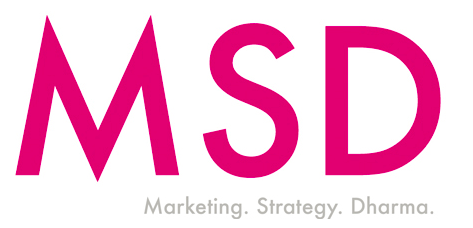Growing up in New York City, it’s easy to forget how difficult it can be to be a woman elsewhere in the world. Sure, I may get the occasional catcall as I’m walking down the street and I get my period every month, but generally, I can honestly say I feel more or less equal to our male counterparts. In fact, I may even argue it’s more difficult to be a man sometimes given the social pressures to be strong, emotionless, and always the one to make the first move.
But, in a privileged and progressive country like America, women are still paid approximately 80% of what men are paid working the same job. Our emotional tendencies due to our body chemistries are the butts of many jokes. Let’s not forget the bonus pain associated with our monthly periods (comparable to that of a heart attack) and that of childbirth. We are in pain because we help to create humanity. How is that funny?!
It’s equally as absurd for the topic of periods to be so stigmatized around the world. Women spend approximately one week per month dealing with our periods. That’s almost a sixth of our lifetimes and yet we are not allowed to talk about them. There is a higher tax rate on tampons than there is for Rogaine and Viagra across America!
In countries such as India, girls may be confined indoors and are not be allowed to share common areas, eat, or pray with the others while on their periods. They are essentially deemed as “untouchables.” Education about sexual health in adolescence is nonexistent. Many girls are forced to face their entrance into womanhood with incredible shame and trepidation. Over 80% of girls lack access to clean water and hygiene facilities and affordable menstrual products, which can often lead to leaks and a 70% higher chance of reproductive tract infections. Imagine an UTI every month for about 40 years!
According to UNICEF, at least one in ten girls skip school or drop out altogether at an extremely young age due to such obstacles, leaving them vulnerable to early marriage, violence, and forced sexual relations. You can forget about your dreams of becoming a doctor.
But before we start picketing in the streets, it’s worth noting that we have recently made significant progress in our efforts to normalize periods and close the gender gap. Popular awareness-raising hashtags include #PeriodsAreNotAnInsult, #TheHomelessPeriod, #HappyToBleed, and #FreeTheTampons.
Aditi Gupta of Menstrupedia aims to spread awareness about menstrual periods via comic strips.
Last year, Comedy Central pair Keegan-Michael Key and Jordan Peele held a “Menstruation Orientation” teaching men about periods.
THINX founder, Miki Agrawal, has changed the way we think about period engineering and advertising. Her ads featuring period underwear products took over the Broadway-Lafayette, Union Square, and Grand Central subway stations in New York City.
Kiran Gandhi is a feminist activist best known for running the 2015 London Marathon on the first day of her period san tampons. She had sparked a global viral conversation about how we treat menstruation in various cultures.
Artist Rupi Kaur uploaded an image featuring period blood in an Instagram post last year to challenge the menstruation taboo. The image was “accidentally” taken down twice. Instagram has since apologized.
Back in January, YouTube sensation Ingrid Nilsen interviewed President Obama asking him why tampons and pads are taxed as luxury items in 40 states. His response: “I have to tell you, I have no idea why states would tax these as luxury items. I suspect it’s because men were making the laws when those taxes were passed.” Her video has gone viral.
Most recently, last month, Newsweek published a cover story featuring the most prominent players in the movement to help end period shaming.
Last Saturday was Menstruation Hygiene Day. While periods have become a hot topic in the United States in the last two years, there is still great work to be done to strip menstruation of its stigma. Health is a basic right and everyone that needs access should have access to the products that made them comfortable and safe. Let us help empower women around the world to stand up for what we deserve and strive to solve this issue in our lifetime.
Dilys Zhu, MSD Intern




